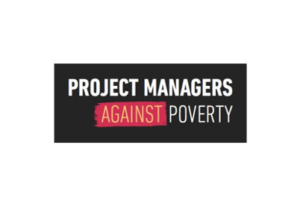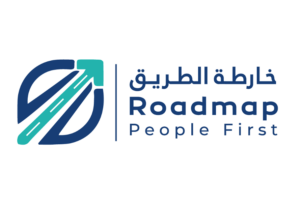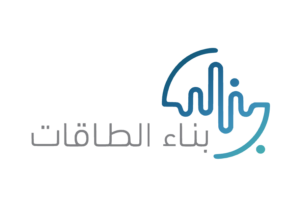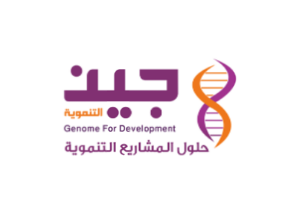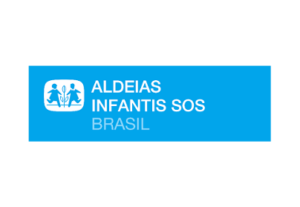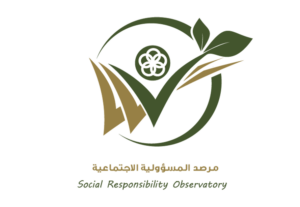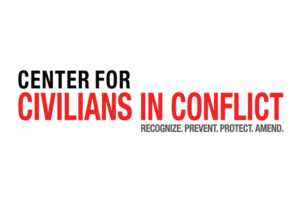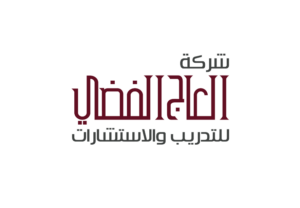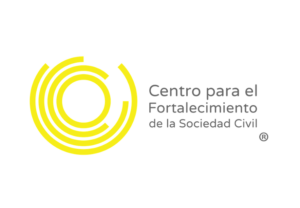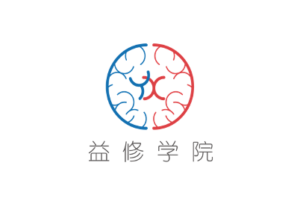Making the world better, one at a time

Best practice guides, methodologies, tools, and techniques to help project managers in the improve the impact of their projects.
Our work is implemented in partnership with the best known NGOs and skilled experts.
We aim to reachorganizations and individuals who work with communities and are making a difference, often against the odds and with minimal resources.
Our exams and resources will always be affordable, accessible, and appropriate.
DPro Facts & Figures
Methodologies & Guides
MEAL DPro
Strong monitoring, evaluation, accountability and learning (MEAL) is critical to project success.
Program DPro
The program impact must be greater than the sum of its projects
Project DPro (PMD Pro)
An introductory, independent exploration of Project Management within the context of the development sector
Finance DPro (FMD Pro)
Less risk, more confidence
DPro Features

Open Source
Download all the guides and materials for free: you can choose to self-study or attend a training course.

International Recognition
Internationally recognized certifications: the DPro certificates are valid all over the world.

Digital Badges
Secure, digital representations of your professional development credentials.
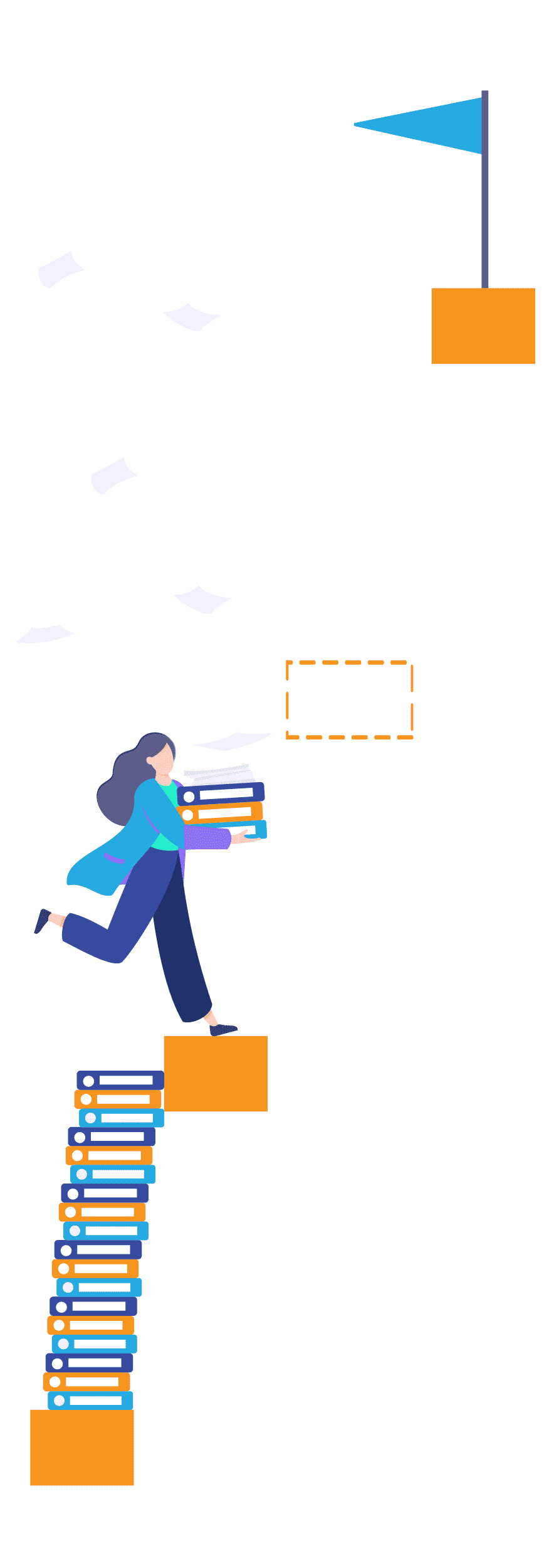

Free Sample Exams
Practice the certification exam and explore
the exam system, question types and sample content.

Affordable certifications
Exams have different pricing depending on your actual job or working status.

PM4NGOs in your country
DPro subject matter experts (volunteers) who represent PM4NGOs in specific countries or regions
PM4NGOs Videos
IME Sudan - Project DPro Workshop (2019)
DPro certified professionals can have Digital Badges
Project DPro Practitioner: a proven track record as a Project Manager
PM4NGOs New Website & YouTube Channel launch
Latest Articles
Our Partners













